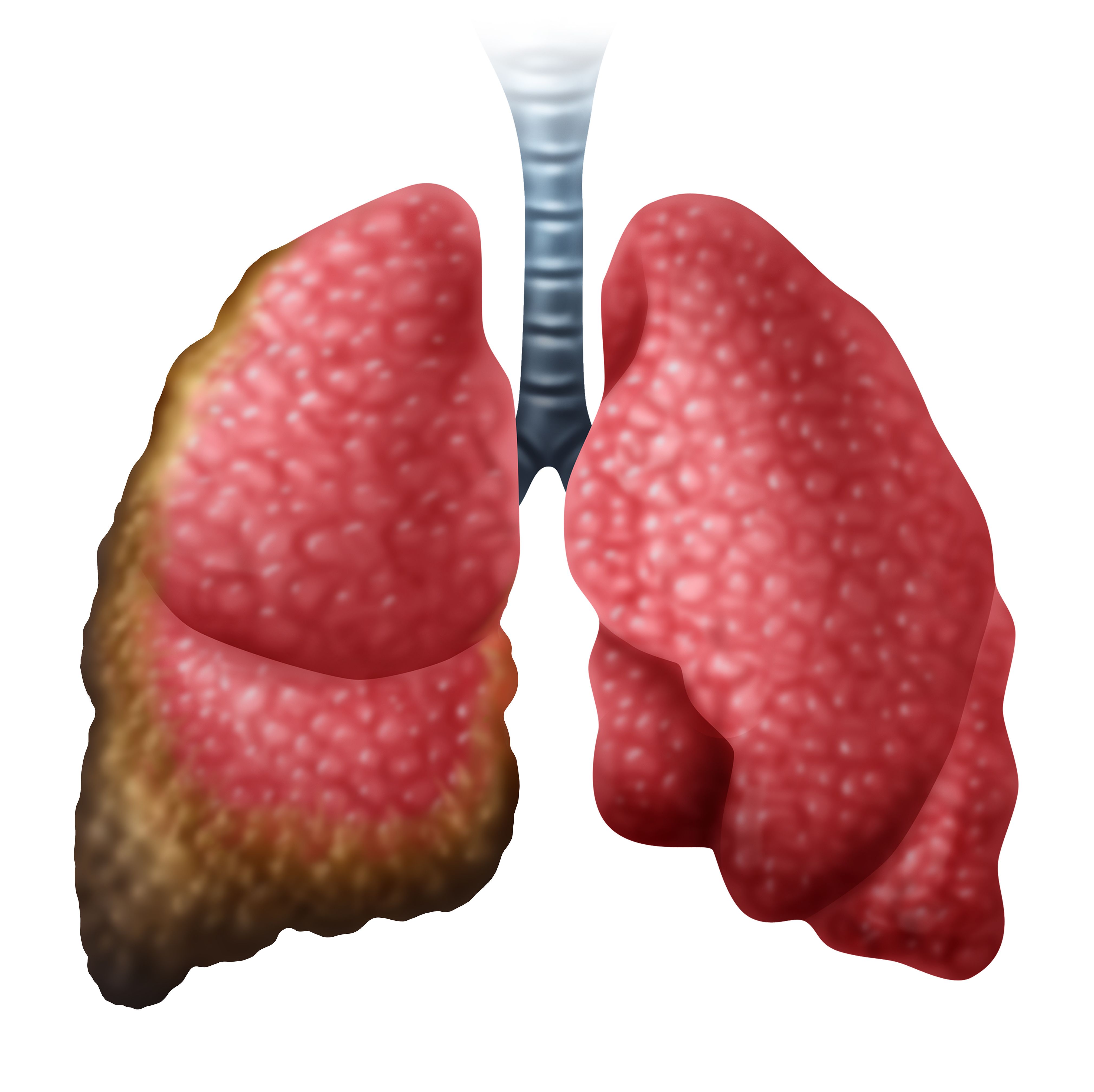VT3989 Receives Orphan Drug Designation for the Treatment of Mesothelioma
An ongoing, open-label phase 1 study evaluating VT3989 in mesothelioma revealed positive early efficacy and encouraging safety with the agent.
Notably, patients with mesothelioma who have experienced recurrence following chemotherapy or immuno-oncology combinations, the only approved modalities for these patients, were associated with particular benefit when treated with VT3989.

VT3989, a transcriptional enhanced associate domain (TEAD) autopalmitoylation inhibitor, has received orphan drug designation from the FDA for the treatment of adult patients with mesothelioma, according to a news release from the drug’s developer, Vivace Therapeutics.1
Supporting data originates from an ongoing, open-label phase 1 study (NCT04665206) evaluating VT3989 in mesothelioma. The findings revealed that in more than 200 patients treated with the agent, it was the first of its class to have compelling efficacy data publicly reported for mesothelioma. Furthermore, according to the news release, VT3989 has shown a favorable safety profile for these patients.
Notably, patients with mesothelioma who have experienced recurrence following chemotherapy or immuno-oncology combinations, the only approved modalities for these patients, were associated with particular benefit when treated with VT3989. Investigators plan to present findings at a major medical conference later in 2025.
The developers engineered VT3989, an investigational small molecule cancer therapeutic, to target the Hippo pathway through the inhibition of TEAD proteins.
"The granting of orphan drug designation to VT3989 underscores the critical need for new, effective therapies for mesothelioma, an aggressive cancer with limited treatment options. The benefits provided by this important designation will support our continued advancement of VT3989, which has already generated compelling clinical trial data, a first for this promising therapeutic class," Sofie Qiao, PhD, president and chief executive officer of Vivace Therapeutics, stated in the news release.1 "We are committed to continuing clinical development of VT3989 and discussing a move into a registrational phase 3 study in mesothelioma with FDA by the end of 2025."
Patients 18 years and older with mesothelioma and/or metastatic solid tumors in the phase 1 trial were randomly assigned to receive escalating doses of VT3989 alone, in combination with immunotherapy with nivolumab (Opdivo)/ipilimumab (Yervoy), or in combination with targeted therapy with osimertinib (Tagrisso).2 In the part 1 dose escalation phase of the study, patients were treated with escalating doses of VT3989 in a 3 + 3 study design until the maximum tolerated dose (MTD) or recommended phase 2 dose (RP2D) was found. The part 2 dose expansion portion further evaluated preliminary safety and antitumor activity at the R2PD across up to 6 cohorts, and the part 3 combination portion included 2 cohorts: one with immunotherapy and the other enrolled patients with non–small cell lung cancer with exon 19 deletions or exon L858R mutations to receive osimertinib.
Patients received VT3989 orally as capsules starting at 25 mg up to 200 mg in 21- to 28-day cycles. Those in the immunotherapy combination arm received nivolumab via 30-minute intravenous infusion at 360 mg once every 3 weeks and intravenous ipilimumab for 30 minutes at 1 mg/kg every 6 weeks. Osimertinib was given as 40 mg or 80 mg tablets orally.
The coprimary end points of the phase 1 trial were dose-limiting toxicities and general toxicity. Secondary end points included tumor response, overall survival, progression-free survival, quality of life, and pharmacokinetics.
Patients were eligible for trial enrollment if they had pathologically diagnosed metastatic solid tumors or mesothelioma and experienced progression on or after all approved therapies. Furthermore, evaluable disease per Response Evaluation Criteria in Solid Tumors (RECIST) v1.1, an ECOG performance score of 0 to 1, and adequate liver, renal, and hematopoietic function were requirements for trial eligibility.
Those excluded from trial enrollment included patients with active brain metastases or primary central nervous system tumors, a history of leptomeningeal metastases, and those with active or chronic and uncontrolled infection requiring systemic therapy. Additionally, patients with known HIV or Hepatitis B/C positivity, clinically significant cardiovascular disease, active malignancies that may confound end point assessment, and those previously treated with a TEAD inhibitor were ineligible for trial enrollment.
References
- Vivace Therapeutics announces receipt of orphan drug designation for VT3989 for treatment of mesothelioma. News release. Vivace Therapeutics. July 31, 2025. Accessed August 1, 2025. https://tinyurl.com/46trpbvm
- Study to evaluate VT3989 in patients with metastatic solid tumors. ClinicalTrials.gov. Updated July 29, 2025. Accessed August 1, 2025. https://tinyurl.com/mr7bcyu7